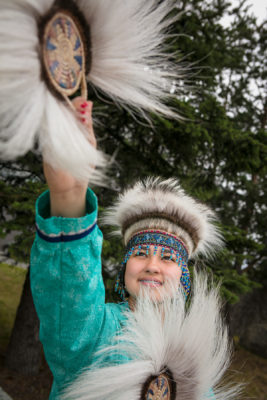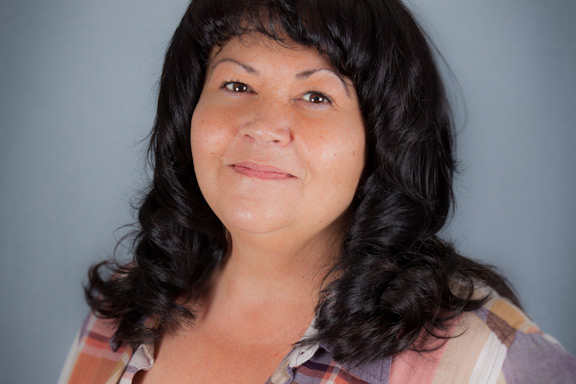Alaska Native People and Alaska Tribes have existed in what is now the State of Alaska for thousands of years and there are currently 229 Alaska Tribes with federal recognition. Alaska Tribes are separate sovereigns with inherent sovereignty and subject matter jurisdiction over certain matters.
ANJC’s partnerships with Alaska Tribes support Alaska Tribes’ efforts to strengthen tribal sovereignty and justice, and create and control tribal justice institutions.
ANJC supports Alaska Tribes with developing and improving their Tribal justice systems to better serve and protect their communities. The objectives of ANJC’s partnership with Alaska Tribes, include:
- Assist with creating and supporting Alaska Tribes’ institutions and systems that improve the welfare of Alaska Native communities
- Support tribal sovereignty and autonomy
- Enhance and develop resources and tools to support tribal sovereignty
- Develop model service delivery systems that meet the unique needs of Alaska Tribes
ANJC offers personalized training and technical assistance to build capacity, implement cultural values and remedies, and access resources to help break the cycles of victimization. ANJC partners with Alaska Native regional nonprofits, Alaska nonprofit organizations, and others to align Tribal justice support efforts and resources.
ANJC supports Tribal justice system staff to achieve efficient case processing; coordinated response, informed judicial decision making; training for court staff; victims’ rights, safety and services; offender accountability; and reduced recidivism.
Services
 We provide:
We provide:
- Technical assistance and training
- Ensuring State recognition of VAWA compliant protective orders
- Supporting opportunities to collaborate with State agencies
- Resource identification
- Resource development including:
- Alaska-specific victim-centered model codes
- Model forms and agreements
- Tribal court implementation handbook
- Tribal court resource database
- Services catalog
For more information, please contact our Tribal Justice Support team.
FAQ
Yes. The Violence Against Women Act requires every jurisdiction in the United States to ‘recognize’ and ‘enforce’ valid protection orders issued in any jurisdiction in the United States. This includes tribal domestic violence protective orders.
Enforcement requires that all public safety professionals, including State law enforcement, treat a valid tribal domestic violence protective order as if it were one of their own and to enforce it accordingly if it were violated.
Tribes had power over Tribal citizens and their lands prior to outside contact. Today, Tribes retain this power, or original sovereignty, and continue to have the authority to govern their own affairs. Even though Congress has limited some aspects of original sovereignty, many aspects of sovereignty remain.
The power to establish and maintain Tribal courts and judicial systems is an inherent, retained power that was never surrendered.
No. Tribal courts do not have to look or function like state or federal courts. In fact, the Alaska Supreme Court has said that state courts “should strive to respect the cultural differences that influence tribal jurisprudence,” and “recognize the practical limits experienced by smaller court systems.”
Tribal courts create structures and processes to best address concerns in the community. In hearing cases, some Tribal courts will use a panel of judges instead of just one. Some Tribes use circle sentencing to ensure community involvement and to help hold an offender accountable for correcting harm done.
Many Tribes are combining resources and expertise and creating intertribal courts to maximize their service to their communities.
Alaska Tribes frequently use their Tribal courts to address the issues of importance to the Tribe. Many handle cases related to internal affairs of the Tribe and may have to do with the health, welfare, and safety of Tribal citizens.
Such cases may include adoptions, child protection, custody, ICWA intervention, probate, inheritance, violent crime, including domestic violence and juvenile delinquency. Tribal courts will also hear issues pertaining to citizenship or Tribal election disputes.


